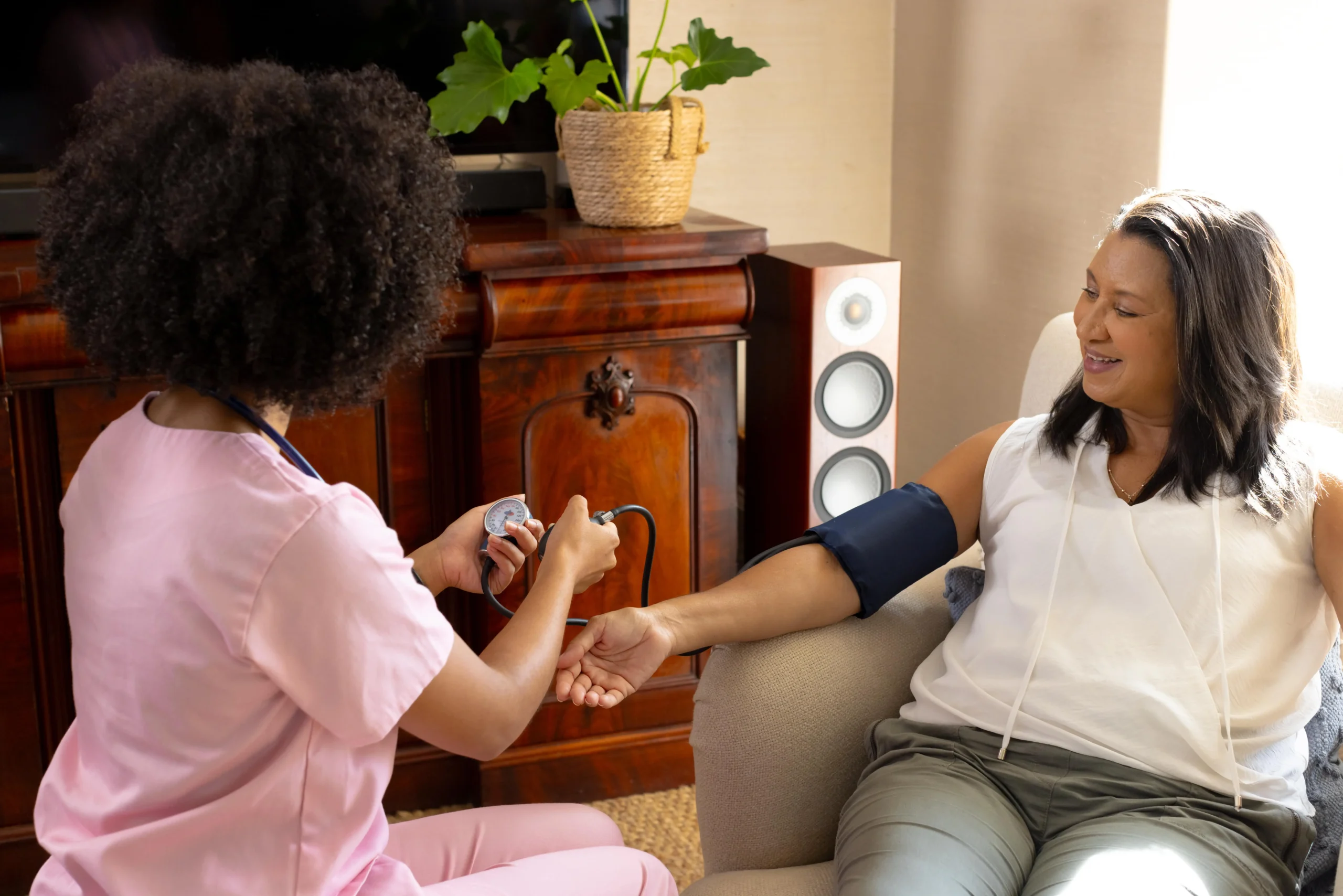Managing chronic diseases can be challenging, but medical care at home makes it easier for patients to receive attention. This innovative approach to healthcare is changing lives by bringing professional medical services directly into patients’ homes.
The Power of Medical Care at Home
Medical care at home means doctors, nurses, and other healthcare professionals visit patients where they live. This service is especially valuable for people with ongoing health conditions who find it difficult to travel to clinics or hospitals regularly.
These home visits allow medical teams to see how patients live and manage their conditions in their everyday environment. This insight helps healthcare providers create more effective and practical treatment plans.
Managing Chronic Conditions More Effectively
When medical professionals visit homes, they can closely monitor conditions like diabetes, heart disease, and respiratory problems. They check vital signs, adjust medications, and address health concerns before they become serious.
Patients often feel more comfortable discussing their health challenges in their own homes. This comfort leads to better conversations with healthcare providers and more honest discussions about managing their conditions.
Improved Medication Management
One of the most significant advantages of home medical care is better medication management. Healthcare providers can review all medications in person, check for proper storage, and ensure patients understand how to take them correctly.
They can also spot potential medication interactions or signs that prescriptions need adjustment. This careful oversight helps prevent medication-related problems that could lead to hospital visits.
Personalized Care and Education
Home medical care provides opportunities for personalized health education. Healthcare providers can teach patients and their families about:
- Proper use of medical equipment
- Recognition of warning signs
- Healthy lifestyle choices
- Diet and exercise recommendations
This education helps patients better control their health and make informed decisions about their care.
Support for Family Caregivers
Family members caring for loved ones with chronic conditions receive valuable support through home medical care. Healthcare professionals can:
- Demonstrate proper care techniques
- Answer questions and concerns
- Provide emotional support
- Offer practical advice for daily care routines
Prevention of Hospital Visits
Regular medical care at home often prevents unnecessary hospital stays. By catching and treating problems early, healthcare providers help patients avoid emergencies and hospital admissions.
This preventive approach improves quality of life and reduces healthcare costs for patients and their families.
Using Technology for Better Care
Modern home medical care often includes technology that helps monitor patients between visits. Simple devices can track vital signs and send alerts to healthcare providers if there are concerns.
Video calls allow quick check-ins when needed, making it easier for patients to stay connected with their healthcare team.
Making Healthcare More Accessible
For many people with chronic conditions, traveling to medical appointments is difficult and stressful. Home medical care removes these barriers and ensures patients receive regular care without transportation challenges.
This accessibility leads to more consistent healthcare and better management of chronic conditions.
The Future of Healthcare
As more people recognize the benefits of medical care at home, this approach to healthcare continues to grow. It offers a practical solution for managing chronic diseases while providing comfortable, personalized care that improves patients’ lives.
Home medical care represents a significant step forward in healthcare delivery, making it easier for people with chronic conditions to receive the regular attention they need to stay healthy and maintain their quality of life.


